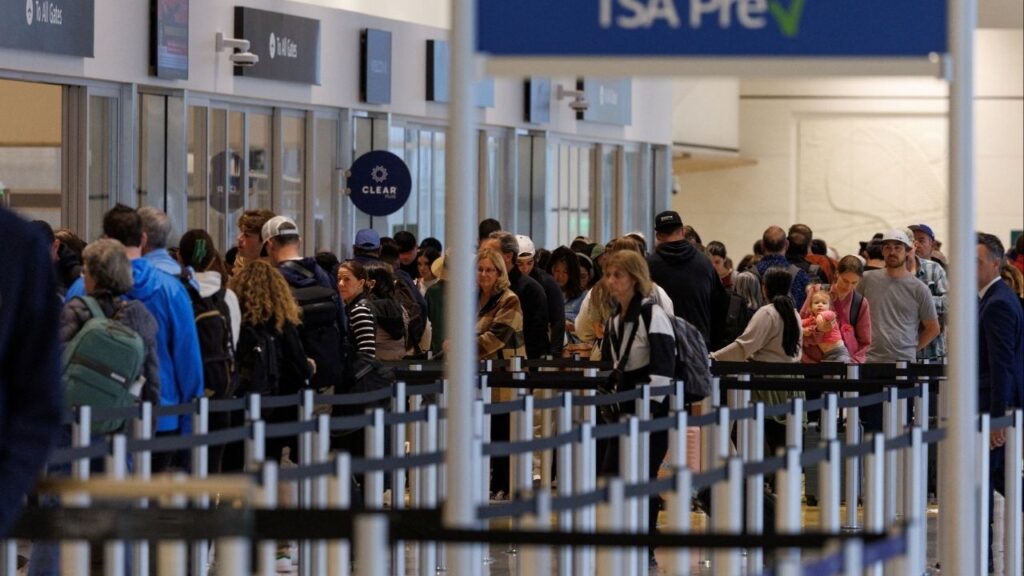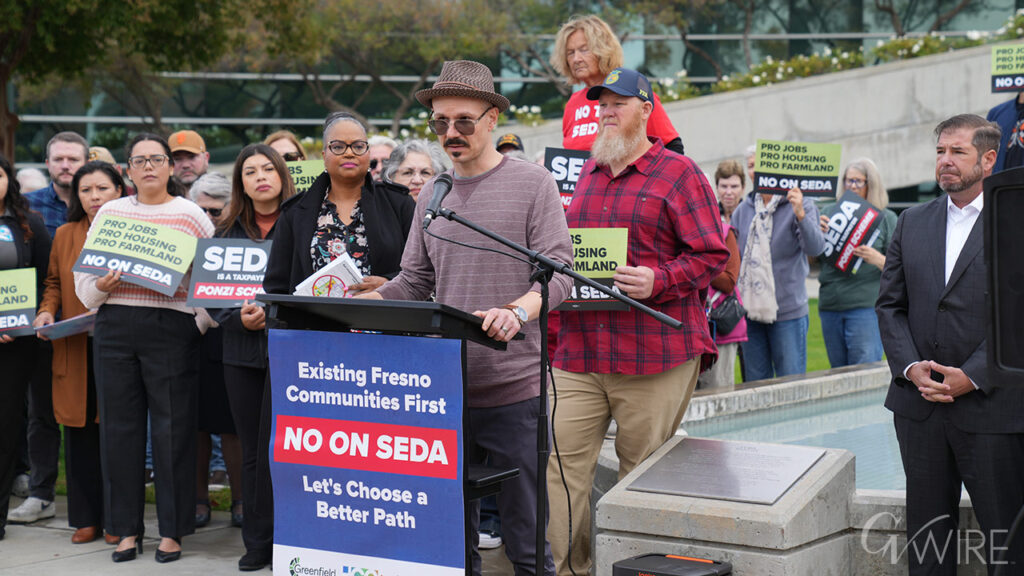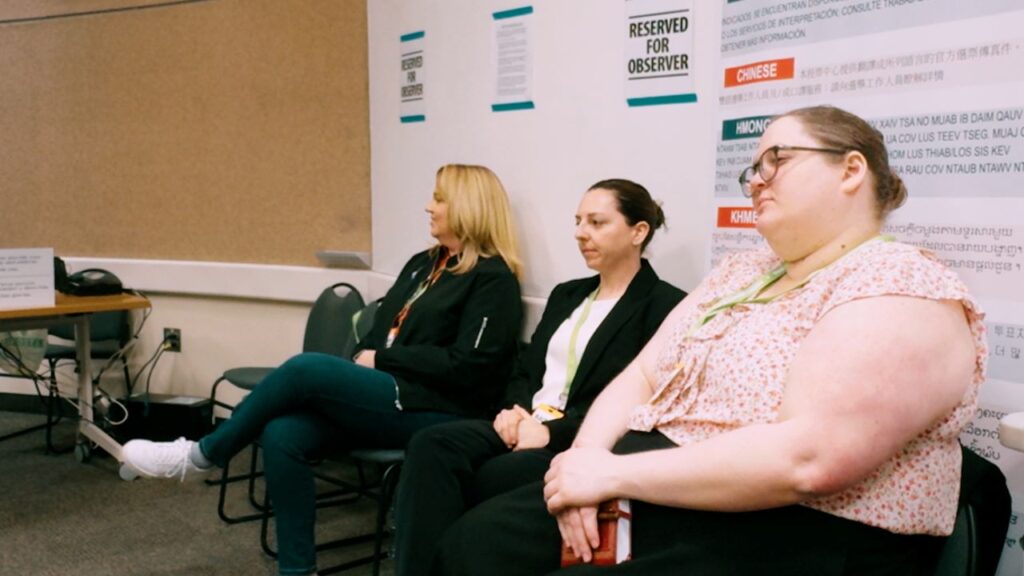Share
|
Getting your Trinity Audio player ready...
|
California utility companies are advocating for a controversial pricing structure that would bill households a different fixed charge depending on their income — but the idea is catching heat from Republicans who argue it will hurt low-income families.

Lynn La
CalMatters
As you may have already noticed on your own bill, monthly electric bills come with a few fixed fees that are added on top of the charges proportional to your usage rate. These charges go toward operating costs for the state’s electric grid, including maintenance.
Earlier in April, three companies — Pacific Gas & Electric, Southern California Edison, and San Diego Gas & Electric — submitted a proposal to the California Public Utilities Commission that includes an income-based pricing system for these fixed charges. According to KTLA 5, the monthly charge would vary between the companies, and range from:
- Households making less than $69,000 a year: $20 to $34
- Households making $69,000 to $180,000 a year: $51 to $73
- Households making more than $180,000 a year: $85 to $128
The companies say the rate of kilowatt-hour usage will also lower for all customers, but low-income households will benefit the most. PG&E and Southern California Edison estimate its lowest-income customers would, on average, save as much as a 21% on their bill.
But Republican legislators are skeptical that a plan from “a government sanctioned monopoly” will save customers money. On Friday, the Senate Republican caucus fired off a letter to the utilities commission arguing that the pricing proposal would “unfairly burden” low-income residents:
- Senate GOP leader Brian Jones of El Cajon and other Republican senators, in the letter: “The goal of trying to stabilize the grid and lower electricity rates is something we support; however, the tactic of implementing a structured fixed-charge system that diminishes individual responsibility and usage in favor of an ‘identity’ subsidization is not, in our opinion, an answer. More fees are not a solution to already ridiculously high utility bills.”
The rising cost of natural gas has caused utility bills to surge, frustrating Californians across all economic levels. But lower-income residents end up paying a disproportionate share of utility expenses.
In the meantime, the first round of comments for the proposal will be due by June 2 and the Public Utilities Commission will be expected to make a final decision on the pricing structure by July 2024.
About CalMatters
CalMatters is a nonprofit, nonpartisan newsroom committed to explaining California policy and politics.
RELATED TOPICS:
Categories

Tulare County Man Denied Parole in Fatal Roommate Stabbing



















